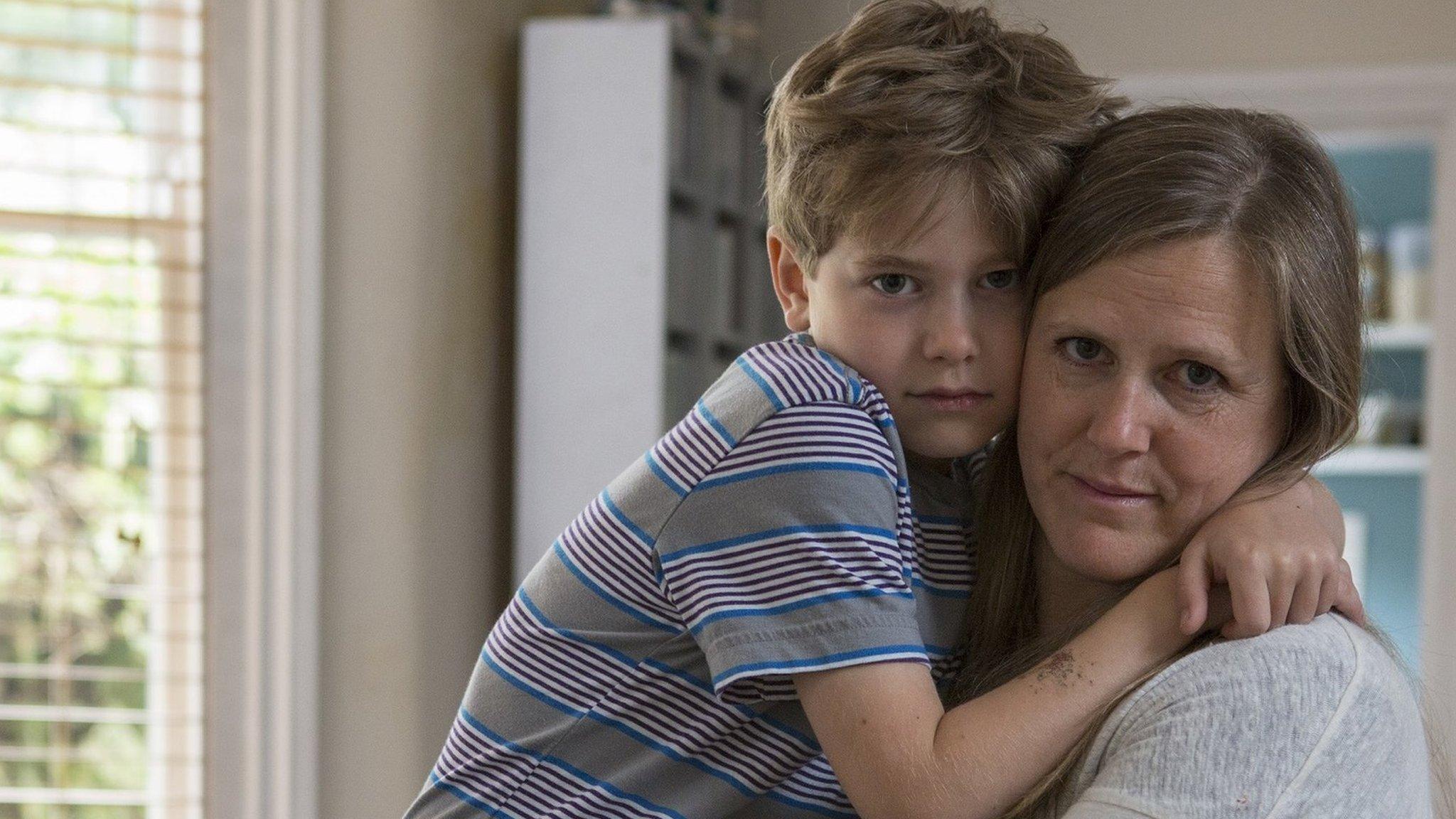Are rented micro-homes the future for young singles?
- Published

Richard Upton of U+I shows off one of the flats with the bed placed above the cupboards
Are you young-ish, single and thoroughly fed up with paying a high level of rent for a room in a house, miles away from where you work?
Perhaps you would prefer instead to spend up to £1,100 a month to rent a very small studio flat in a city centre?
By very small, we mean either 19 sq m of floor space, or maybe a bit more at 24 sq m.
And how small is that then? Less than the average budget hotel room.
However, that is the offer being planned by a property development company called U+I.
It thinks there is a clear demand for small rented homes like this in city centres, especially London.
That, it feels, is where more young, single people would like to live, closer to where they work and socialise, but without the hassle and expense of commuting.
Richard Upton, deputy chief executive of U+I, says it is a partial solution to a housing crisis that is not being dealt with.
"With the pace of change in London in particular, we are concerned that if the crisis goes over a tipping point it will lead to London being highly dysfunctional and hollowed out, with areas that are either unaffordable or inaccessible," he says.
"If a city is not inclusive, and not supporting its entire workforce properly, it won't be a living city."
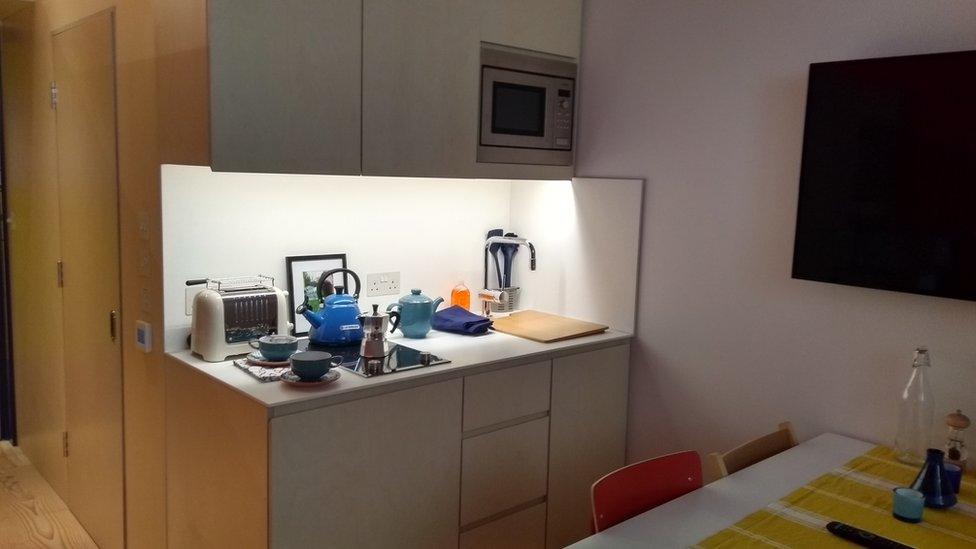
The L-shaped room
Despite the small size, quite a lot has been skilfully crammed into two show flats currently being shown off by the firm.
The flats combine the bedroom, living room and kitchen area into one space, with a shower room and toilet en-suite, and enough cupboard room to hold a washing machine as well as shoes and clothes.
So what is the problem?
Currently planning guidelines, such as those from the Mayor of London, suggest that flats should provide much more space, 37 sq m in fact.
So U+I is on something of a charm offensive as it tries to persuade five local authorities in London to let it build blocks of its "compact living town flats" (as it calls them), on brown field sites that the councils own.
The blocks would contain about 200 flats each and provide roof top gardens and work spaces too.
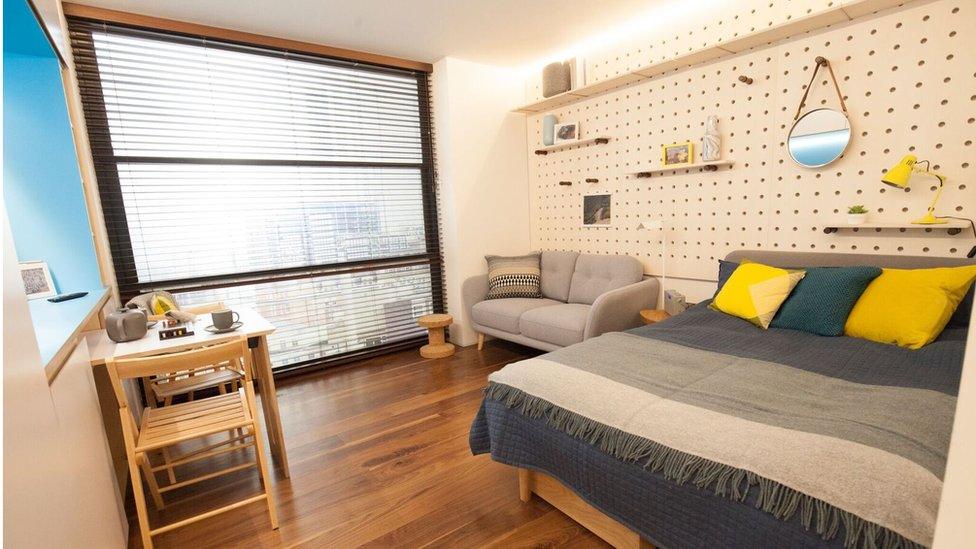
A room with a view
The big idea here is that any developer, in return for planning permission, would be committed to letting the flats to single tenants for the long-term, at rents linked to a set proportion of income - one third for instance.
And as the floor space is low, the monthly rent would necessarily be cheaper than for larger rented accommodation.
Mr Upton thinks this will be particularly attractive to members of the "squeezed middle", young, single, people with jobs and decent salaries (£35,000 to £65,000 per year he suggests) but who simply have no chance of saving to buy a home because so much of their income is absorbed by rent.
Living in small spaces is not a novel idea of course.
The Japanese have long been famed for living in small apartments, even as families.
Similar ideas for small studio flats have taken off in New York.
Compact flats in London are already being sold to buyers by developers such as Pocket Living, external, although it says its apartments are not micro, as they provide a minimum of 38 sq m and are therefore above the Mayor of London's guidelines.
Steve Turner, of the Home Builders Federation, said: "We need to be looking at a range of solutions to solve the acute housing crisis.
"We need to be building more of all types of housing - including retirement homes and social housing."
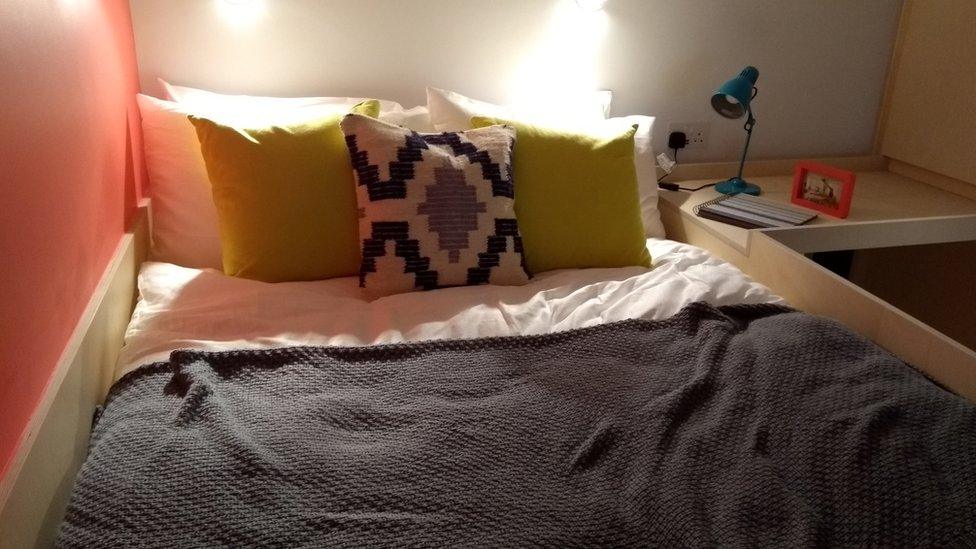
OK for Saturday night and Sunday morning
Homes in the UK already have a reputation for being smaller than those in any other European country.
Isn't the idea of offering more studio flats just moving in the wrong direction?
Mr Upton says we should ditch the old thinking, where some of the most desirable homes are thought to be houses in suburbs with gardens and garages.
"Our cities have become vastly more dense, they have been transformed in the last 20 years and our lives have been transformed too, from having an awful lot of stuff to now being transient, and not needing to own a car, and having our life on a laptop and a phone," he says.
"If we fight for larger space standards we will achieve nothing, we need a city that works," he adds.
Will all this take off?
That remains to be seen, but U+I hopes to obtain planning permission for at least one or two projects in central London by next year.
- Published31 August 2017

- Published23 August 2017

- Published21 August 2017
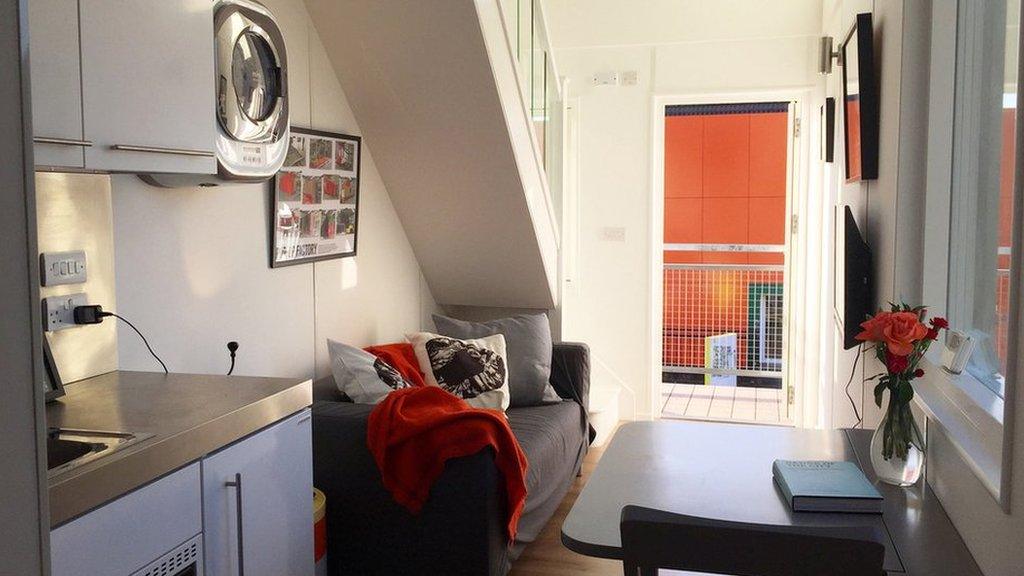
- Published1 August 2017
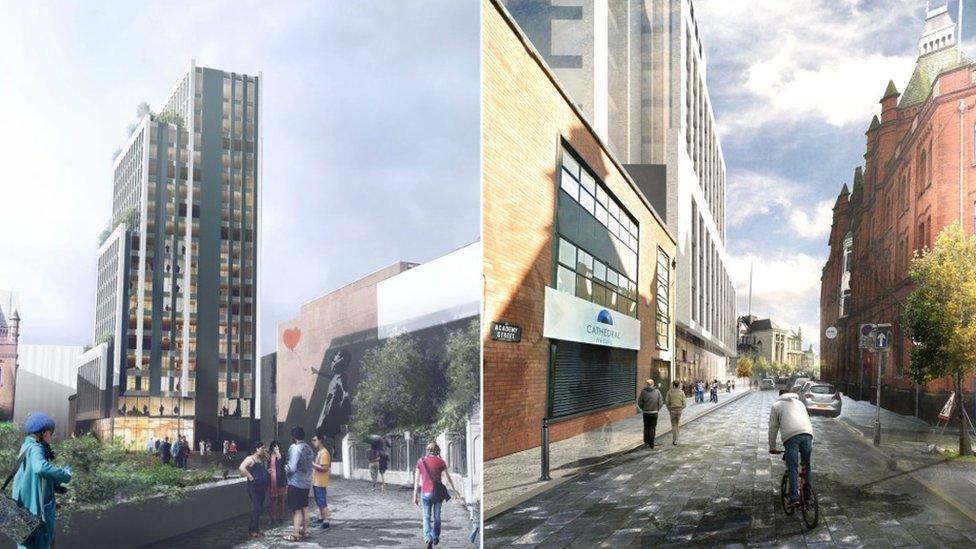
- Published25 July 2017
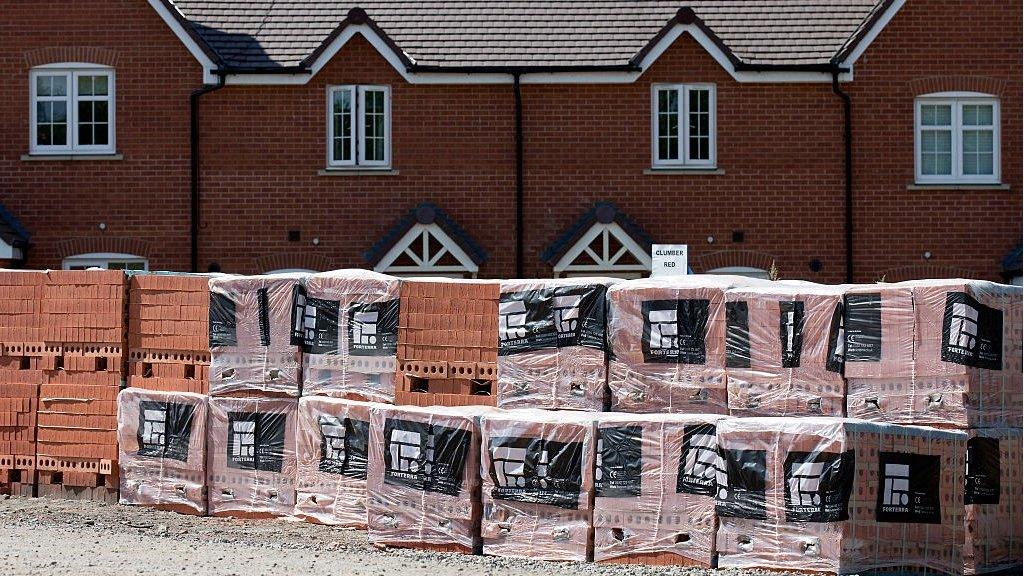
- Published28 May 2017
